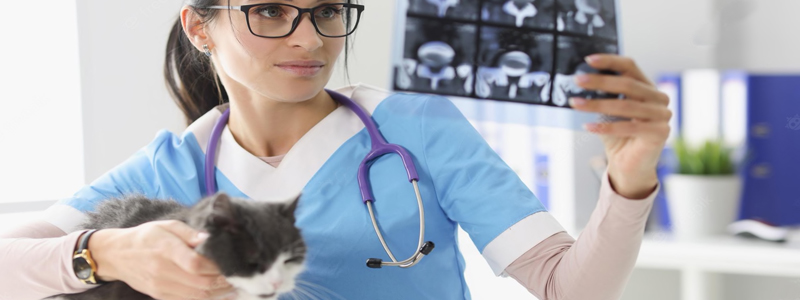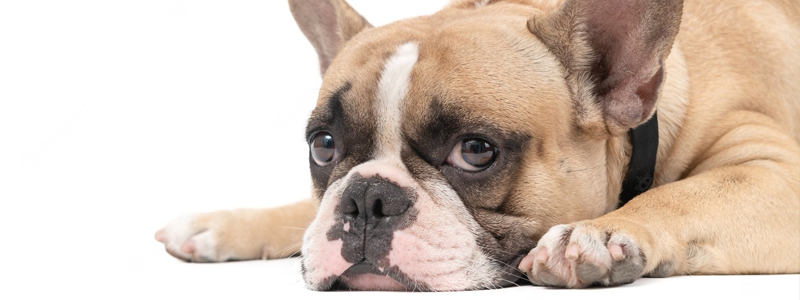BY: SAMANTHA BARTLETT, DVM
The AVMA house of delegates discussed ways to make licensing easier for veterinarians working between several states during their winger session this January. The representative from Puerto Rico, Dr. Juan Pablo Amierio-Puig suggests that it is unlikely that states will relinquish control and allow a national license, but that there are actions to consider that can make the process easier for veterinarians that need to be licensed in more than one state.
Individuals that are affected include practitioners who move, relief veterinarians working across state borders, disaster response veterinarians, state veterinarians with expertise to fight outbreaks in other states and spouses of servicemembers. Some states have addressed some of the issues with temporary licensing where other states have established reciprocity agreements between one another. Delegates asked the Board of Directors to examine license portability and consider policies that could help as well as collaboration with state VMAs to address the issues.
The Federal Trade Commission published a report in September 2018 describing ways to expand license portability across state lines. The report gave many options to make licensing more efficient including interstate compacts, licensing reciprocity agreements, model laws and expedited licensing using professional information from third party repositories.
Some states have already started to ease restrictions for licensing. For instance, the state of Vermont offers a simplified licensing process for veterinarians licensed for at least 3 years in another state. This simplified process removes the need to meet with the state board or provide examination scores. Currently, veterinarians who wish to cross state lines to help with disease outbreaks or disasters must first apply to become a federal employee to obtain permission to practice out of state. This adds a time-consuming delay to an emergency situation. IF that same veterinarian had license portability he could respond immediately and be paid as a contractor.
Ideally, a national licensing system could be instituted allowing veterinarians to practice in other states with minimal delays. Currently a veterinarian working or moving to another state must wait months and pay fees to become licensed and then maintain their other license or let it lapse. The human medical profession as the Interstate Medical Licensure Compact between 33 states, the District of Columbia and Guam that allows doctors and nurses to become licensed in other states with a single application using information provided to the state of their current licensure.
The American Association of Veterinary State boards is working with state board to replace the AAVSB’s Veterinary Application for Uniform Licensure Transfer program with a more license verification process that connects state databases with the AASVB’s database. This allows transfer of information between states and the ability to update the AASVB once a new license is issued. California has already begun to participate in the program.






